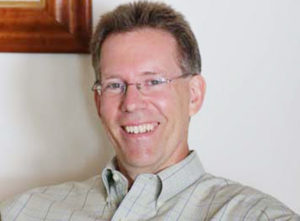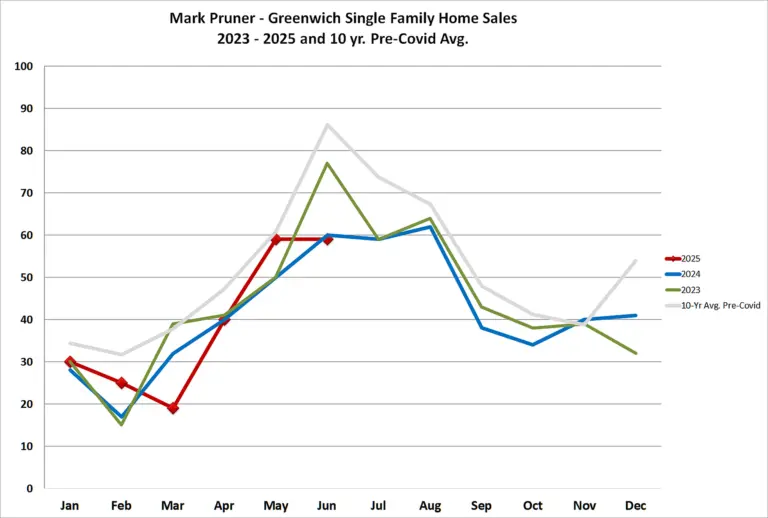
By: Edward Horstman
“Where do all your questions come from?” That was a question that my parents often asked me when I was a child. They must have felt as some feel who are hounded by the press and besieged by inquiries for information and perspective. In my defense, my parents consistently cultivated within me a curious spirit, so I guess my constant tapping of their knowledge was the mixed blessing they received for their generous support.
Questions are indispensable allies in the search for truth and understanding. A well-asked question by a therapist can create fresh understanding in the life of a client, making possible a decisive move towards greater health. A question from a teacher to a student can awaken imagination and lead to exciting paths of discovery. Some of the most illuminating moments of life arise when we connect with powerful questions that inspire us to see our lives in a brilliant new way.
It’s possible that I first observed the transformative power of questions by watching the television show Columbo; it was a family favorite when I was growing up. Columbo was a scruffy and annoying detective, played beautifully by Peter Falk, who wore a rumpled raincoat and pestered suspects with an unending stream of questions. “Just one more question,” he would say to the exasperated subjects of his interrogations. But of course it never was just one more. He would ask and ask and ask until the crime was solved.
Though not as irritating as Columbo, Jesus used questions as essential ingredients of his ministry. In the book, Jesus Is the Question, Martin Copenhaver notes that in the biblical record of Jesus’ life he left a legacy of more than 300 questions. And though he was himself presented with 183 questions, he supplied only a handful of answers to them. For those who sought from him a quick resolution to life’s challenges, his tendency was to ask rather than to tell. Which leads me to ask a question: if Jesus had far more interest in asking questions than answering them, why was that?
It seems to me that Jesus sought to awaken and liberate the creative energy of love in all those with whom he came into contact. To disciples and strangers alike he asked basic questions that challenged them to name and explore their deepest hungers and motivations: What do you want? Who do you say that I am? Why are you afraid? Such questions helped people to hunger for God, see the world through the eyes of love, and imagine the unimaginable.
I have been thinking about how we might engage the power of questions in our personal and public lives to bring forth the passion and wisdom that lie within us for the common good. Warren Berger would agree. He is the author of The Book of Beautiful Questions, and a self-proclaimed questionologist. As a journalist who has interviewed scores of inventors, leaders, and scientists, he has met people who accomplished extraordinary results in their work because they found questions that liberated their imaginations and opened the way to fresh insights. These people found inspiration by asking questions like these: “Why does this problem or situation exist? What are the underlying forces, the larger issues at play? What might be an interesting new way to come at this challenge? This type of thinking,” writes Berger, “helped these creative leaders to original ideas and effective solutions.”
At this time in the history of our planet, when we face multiple threats to the flourishing of life, let’s tap the energy of powerful questions to find creative directions towards a more hopeful future. To this end I’ve been keeping my own list of beautiful questions, starting with these: what is the most pressing opportunity we face? What could the town of Greenwich do for the world that no other community is doing? Instead of using words to reinforce the spirit of division in our country, how can I use language to elevate what we share in common? What thing do I not want to do anymore in order to free energy for more meaningful commitments?
Taking time to find and ask the right questions, and to ask them with a deep willingness to hear what others have to say, can become a way of building trust and compassion. And one good question may well lead to still better questions, slowly revealing our capacities for faith, hope, and love.
Bertrand Russell, a British philosopher who lived in the early years of the twentieth century, said “in all affairs it’s a healthy thing now and then to hang a question mark on the things you have long taken for granted.” So let’s become questionologists, constantly seeking the questions that can help us to understand one another better, and to work together for the well-being of our entire fragile planet.





